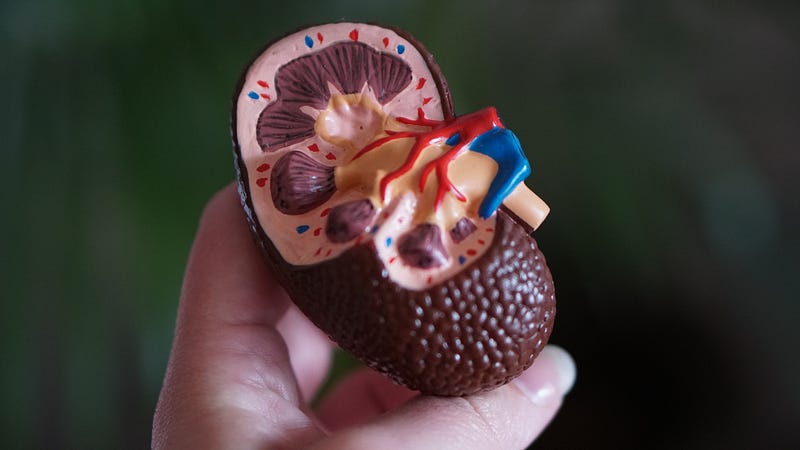Understanding the Dangers of Dehydration on Kidney Health
Written on
Chapter 1: The Importance of Hydration
Adequate hydration is crucial for preventing kidney-related ailments. The kidneys play a vital role in managing fluid levels and eliminating waste from our bodies. They help regulate blood pressure by adjusting the concentrations of water and ions in the blood and urine based on various biochemical signals. But what happens when there’s insufficient water for these organs to function effectively?
Dehydration is characterized by a deficiency of fluids, particularly water, in the body. Causes may include inadequate fluid intake, diabetes, or excessive loss of fluids through sweating, vomiting, or diarrhea. Symptoms of dehydration commonly include a dry mouth, heightened thirst, darker urine, dry eyes, reduced skin elasticity, muscle cramps, and heart palpitations. In severe cases, dehydration can lead to confusion, extreme fatigue, dizziness, and even loss of consciousness.
A physician may detect signs of dehydration through indicators such as decreased blood and urine volumes, low blood pressure, rapid heart rate, delayed capillary refill, elevated levels of creatinine and blood urea nitrogen in blood tests, electrolyte imbalances, and altered mental status. A significant sign of severe dehydration is a high urine specific gravity.
Section 1.1: Kidney Response to Dehydration
To understand how dehydration affects the kidneys, it’s important to recognize the role of vasopressin, or antidiuretic hormone. This hormone is released from the pituitary gland during periods of dehydration or low blood volume. It binds to receptors on kidney cells in the collecting ducts, enhancing the expression of aquaporins in kidney tubules, which facilitates water reabsorption into the bloodstream and reduces urine output. Consequently, the kidneys retain more water, which can lead to structural and functional changes over time if dehydration persists.
Subsection 1.1.1: Effects on Kidney Function

In response to dehydration and the influence of vasopressin, proteins that manage the transport and absorption of water, sodium, and urea in the kidneys are either upregulated or relocated as necessary to maintain fluid balance. This results in increased water permeability in the collecting ducts and enhanced sodium transport in the distal tubule. These adaptations can elevate the glomerular filtration rate and renal plasma flow, thereby increasing the workload on the kidneys, which may heighten the risk of kidney diseases.
Section 1.2: Morphological Changes in the Kidneys
To accommodate these functional changes triggered by vasopressin, the structural aspects of the kidneys also adapt. During acute fluid balance adjustments, aquaporin 2 is the main protein facilitating water permeability in the collecting duct. However, with chronic dehydration, other aquaporins like aquaporin 3 and 4 are expressed in the basal lateral membrane, in addition to an increase in urea transporter expression in the collecting duct and loop of Henle.
Chapter 2: Risks Associated with Chronic Dehydration
Chronic dehydration is believed to contribute to various health issues, including renal failure, diabetic nephropathy, and hypertension. Consistent mild dehydration can also increase the likelihood of developing kidney stones, urinary tract and colon cancers, and mitral valve prolapse, especially when coupled with poor fluid intake.
The first video titled "Good hydration! - Medicines, kidneys and urine - Part Four - YouTube" discusses the significance of proper hydration for kidney health and the implications of dehydration.
To prevent severe dehydration and its potential complications, including kidney damage and electrolyte imbalances, it’s crucial to address dehydration symptoms promptly. Symptoms can be treated by gradually consuming small amounts of water or electrolyte-rich beverages—not sports drinks, which may contain sugars that could exacerbate diarrhea or other dehydration causes.
The second video, "Dehydration can seriously harm your kidneys. Stay hydrated for better health! - YouTube," emphasizes the importance of maintaining hydration for kidney health and overall well-being.
Preventing dehydration involves consistently drinking clear fluids throughout the day, particularly during hot weather, exercise, or illnesses that lead to fluid loss. Options such as clear broths, low-sugar popsicles, or gelatin can also help maintain fluid balance.